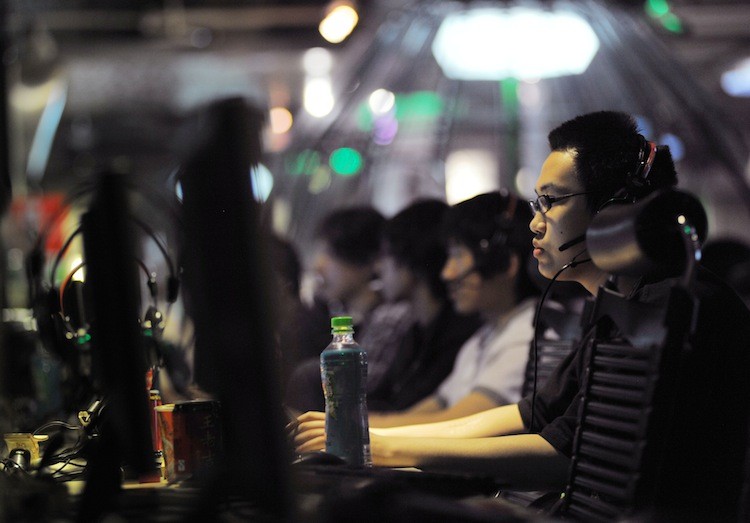China Number One in Internet Use—And Abuse
In China, domestic Internet growth takes place amidst censorship, and aggressive cyberattacks abroad

People at an internet cafe in Beijing, China in May 2011. China now has 485 million citizens capable of accessing the Web, more than any other country. Gou Yige/Getty Images
|Updated:





